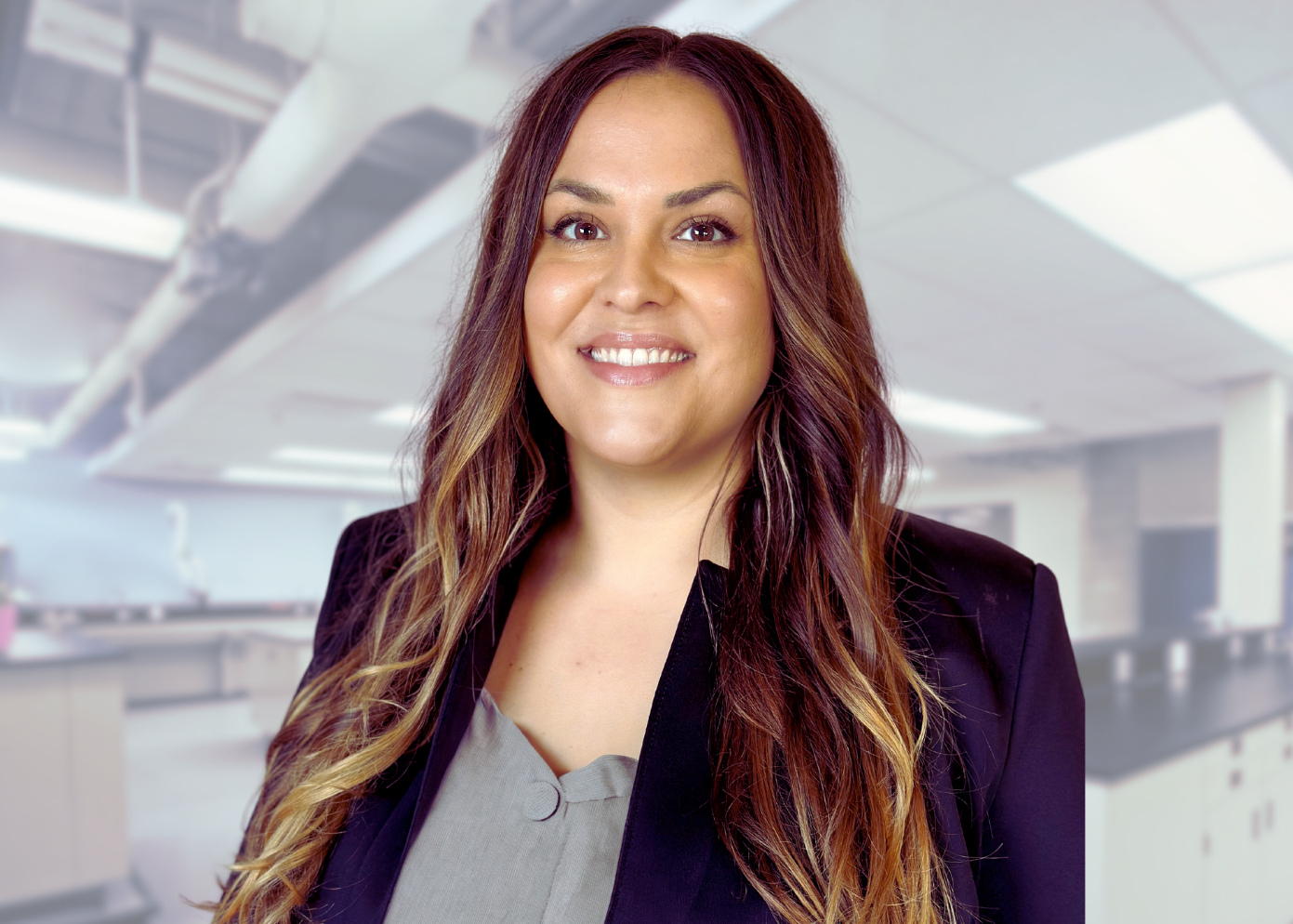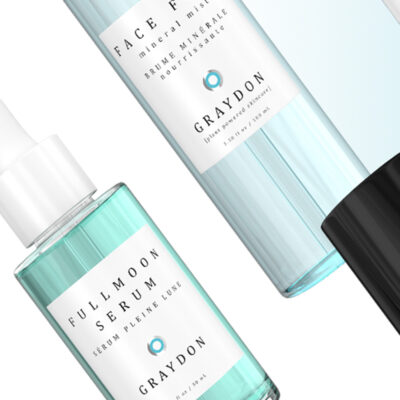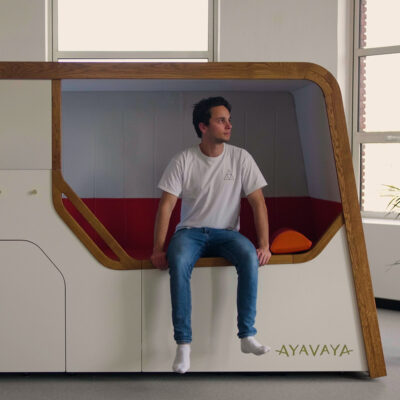
Beauty Product Developer Julie Pefferman Identifies Eight Trends That Could Be Huge In 2024
Every year since 2019, we’ve asked Julie Pefferman, founder of product development consultancy Cosmeta, to prognosticate on the trends that will define the future of beauty. Although we request only trends that could shape the year ahead, her imagination can’t be contained to a single year. Many of the trends she’s detected, from product detoxing to tween skincare, have lasting effects well beyond the period we call upon her to foretell.
As we look forward to 2024, Pefferman expects it to be an important year for her business. She’s repurchased brands under umbrella incubator The Lab & Co., which she previously sold to an Amazon aggregator, including self-tanning specialist Cleantan, shower powerhouse Exfolimate, inclusive skincare line Equal By Nature, butt acne authority Green Heart Labs and problem skincare brand Skin_Boss, and plans to position them for gains. Green Heart Labs and Exfolimate are being rebranded under the Skin_Boss flag to capitalize on the strength of the Skin_Boss name.
Pefferman says, “I love consulting, but I want to take one of these ideas and really make it big for the first time. That will be Skin_Boss.”
For the beauty industry as a whole, Pefferman suggests an essential question for 2024 will be, “Can we use and design technology to make our bodies and our earth healthier because, if not, what is it here for?” She elaborates, “We’ve hit this place where we are never not going to talk about technology intertwining with beauty. Then, we also have this love of and craving for simpler times, with the turn to inner wellness. That’s why Vacation has become such a darling brand. It takes you back.”
Below, find out more about how Pefferman predicts technology and beauty will intertwine in the year to come and other trends that the industry could be exploring for years and years.
The New Tech-Savvy Entrepreneur
As the beauty industry becomes inextricably entangled with technology, Pefferman holds that creative, technology-savvy entrepreneurs will be its engine. While these entrepreneurs aren’t required to have an in-depth knowledge of coding, they must be comfortable with technological change, have a sharp understanding of artificial intelligence tools and spot the right talent that can help their businesses quickly leverage digital advancements.
“Creativity is displayed by our use of AI and how fast we can learn. So, entrepreneurs need an understanding of consumer buying psychology, and they have to have their fingers on the pulse of the consumer culture and subcultures within it,” says Pefferman. “It’s not about where you went to college, it’s about how many master classes you’re taking and what podcasts you consume.”
Longevity Ingredients
With the longevity craze in full swing, Pefferman forecasts that ingredients tied to it will spread in beauty products. Characterizing 2024 as the year of “the polyphenol to combat inflammageing,” she says, “It’s about serious ingredients externally and internally that can have impact on longevity, but that also can be used in marketing. It’s an easy one to latch onto for brands.”

Playful Science-Focused Brands
All the sciencey stuff has gotten far too severe for Pefferman. She foresees the emergence of what she describes as “Pop-Tart dermatologist brands” that she says combine “the best of fun skincare packaging with the highest results.” They could even feature inventive fragrances. “I think a lot about the way I shop and the way my friends shop,” says Pefferman. “I will go and buy Eucerin because I like the formula when my skin is dry and patchy. Sometimes I want to use that, but sometimes I want to have fun, and I want something that’s more inspiring, but I still want a good formula.”
Sex Biohacking
Pefferman envisions sex as assuming a greater role in people’s drive to enhance their overall well-being. “I’m talking about redesigning what the definition of hot sex means. It’s less about switching positions and more about hacking your brain waves during it and finding out how can you make it better for your health,” says Pefferman. “There’s a variety of data you could get from it. You could have goggles that affect what you’re seeing during it, and they could learn about stimulating your rapid eye movement, for example.”
The Rise Of Beauty Machines
Beauty machines are already marching into beauty routines. Clockwork’s robots are polishing off manicures in just 10 minutes, and Luum’s robots are applying eyelash extensions in under an hour. Pefferman is a proponent of machines providing convenient beauty services to increase uptake of them, and she presages that beauty machines will one day be able to deliver quality services promptly and reasonably.
“I don’t know what I would pay for a private, on-demand nail service, but it would be a lot. It’s time to put a lot more investment behind this because it would make a ton of money,” says Pefferman, pointing out that beauty machines are ideal for small towns without a significant presence of beauty service locations. Pressed about machines possibly replacing humans, she says, “I don’t worry about that at all. It’s hard in the short term and then it’s fine in the long term. You need people to service and market the machines.”
Wellness Human Resources
It doesn’t matter how much money people have if they’re not around to spend it. Pefferman pictures employers morphing their strategies for wooing job candidates to concentrate on biomarkers showing that working at their companies improves health outcomes.
“People don’t want a lot of snacks. They want to live longer. Beauty companies can be the first frontier of adopting these things to retain talent,” says Pefferman. “If I’m a lawyer, would I want to work at the highest paying firm that just kills you and only a few people get to the top or would I want to work somewhere that will help me live longer? I think beauty can do this because beauty is part of wellness. They go together.”

Luxury Laundry
Fragrance brands Juliette Has A Gun and DedCool, with its Ouai collaboration, have pushed into laundry detergent, and new brands such as Mozi Wash have hit the market to transform the dirty business of cleaning clothes. Prior to them, The Laundress, which was caught up in a scandal involving the chemical ethylene oxide, brought a luxury positioning to laundry. Unilever acquired The Laundress for $100 million in 2019 from co-founders Gwen Whiting and Lindsey Boyd.
Pefferman is convinced the load of brands upgrading the laundry area (think not just detergent, but dryer sheets, stain removers, laundry balls and more) is primed to proliferate, and fragrance lovers will extend their enthusiasm for scent beyond conventional perfume into laundry. Brands breaking into laundry merchandise will update the fragrances of laundry products and their packaging presentation, too, to suit contemporary consumer preferences.
“This is a huge trend that will disrupt the laundry aisle,” says Pefferman. “I think it’s ripe for disruption because, if you look at the traditional players, it’s pretty boring, and we want personalization.”
Refill Retail Delight
After a burst of activity, the zero-waste retail phenomenon is wasting away. In a blog post late last year, Eco Now, a refill store mini chain in Southern California, characterized refill stores as in crisis. In a post-pandemic environment, the blog post read, “People are returning to work, school, and recreational activities at a ‘normal’ capacity and some think people do not have time anymore to practice zero waste living. Visiting refill stores does take time and a little planning and some people believe it has become less of a priority in people’s schedules this year.”
Pefferman argues it’s not just a matter of time. She contends refill stores aren’t as appealing as they could be. They tend to be the retail equivalent of vegetables. Sure, they may attract eco warriors who’ll stomach them, but what about the vast majority of consumers who gravitate to places that are more entertaining? They go to stores for retail therapy and cool, quality merchandise in a captivating space that also happens to address a need.
Pefferman asserts that an inviting multi-brand refill concept could satisfy both the zero-waste diehards and run-of-the-mill consumers interested in making sustainable choices, but not interested in subpar shopping experiences. She describes it as a “candy store” for refill products. “I could pick out a beautiful container in a variety of styles, maybe one that’s from Olay or one that’s really high-end. It’s weighed, and you pay for what’s in it,” details Pefferman. “That doesn’t sound so revolutionary, but getting brands to play together is really revolutionary.”





Leave a Reply
You must be logged in to post a comment.